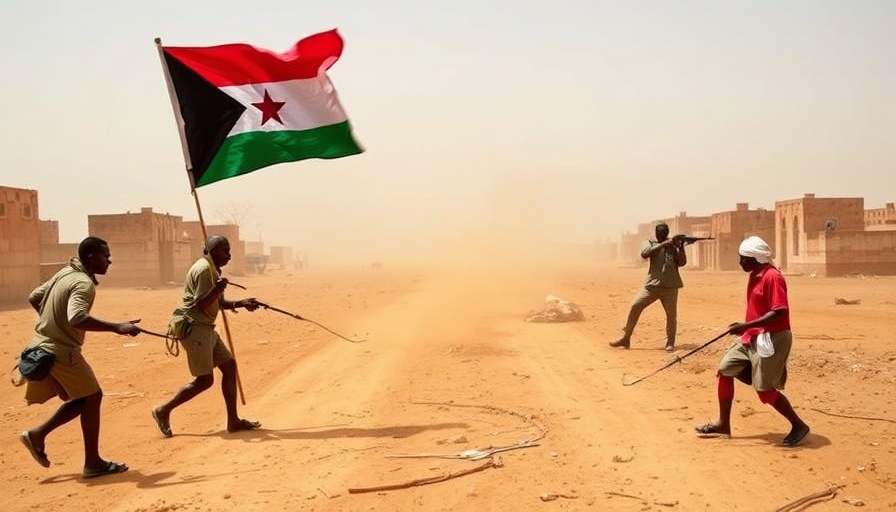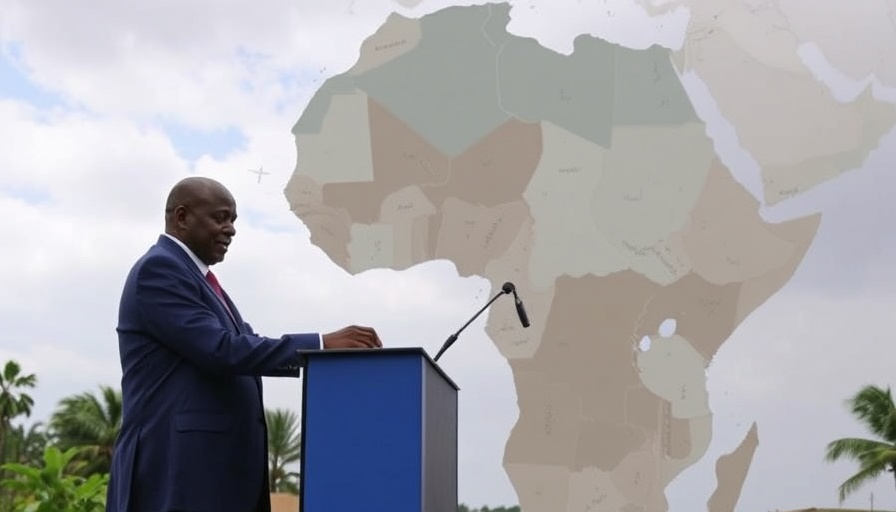
The Rise of Parallel Governance in Sudan
In the aftermath of conflict, Sudan finds itself grappling with the emergence of a parallel government led by the Rapid Support Forces (RSF). This situation poses significant hurdles for the existing political structures and the country’s stability as it attempts to navigate through a deepening crisis. The RSF, historically known for its involvement in various internal conflicts, has begun to assert control, potentially destabilizing the transitional government.
The Challenges Ahead for RSF Governance
The establishment of an RSF parallel government raises troubling questions about governance and power dynamics in Sudan. As they attempt to consolidate power, the RSF faces severe logistical challenges: from unifying their command structure to tackling opposition from various armed groups and political entities.
Furthermore, there's the issue of international legitimacy. Many nations have historically been hesitant to engage with groups like the RSF due to their controversial pasts, rooted in war crimes and human rights abuses. Consequently, foreign relations, which are vital for Sudan’s recovery and integration into the global economy, could be jeopardized by this governance model.
Implications for the African Economy and International Relations
For business leaders and investors, the RSF's rise signifies potential instability in a nation that has been, in fragments, looking to reestablish itself as a strategic player in the African economy. This sudden change in governance could also push Sudan further from international financial markets, complicating trade with Africa's key partners, including the EU and China.
Policymakers closely watching The Sudanese situation must consider the broader implications for Africa's geopolitical landscape. The stability of Sudan impacts not just its immediate neighbors, but also the overarching strategies of nations like China and the European Union who have vested interests in the region.
The Path Forward
As the RSF continues its bid for control, analysts predict that the international community will need to rethink diplomatic strategies in Sudan. This delicate balance of intervention and support without endorsing a potentially tyrannical governance structure will be essential in shaping the future of not only Sudan but also the wider region
Understanding these complex dynamics is crucial for business leaders, policymakers, and researchers alike. Advocacy for inclusive governance structures remains critical as Sudan stands at a crossroads, with the future hinging on the interplay of emerging power structures and external influences.
 Add Row
Add Row  Add
Add 


Write A Comment